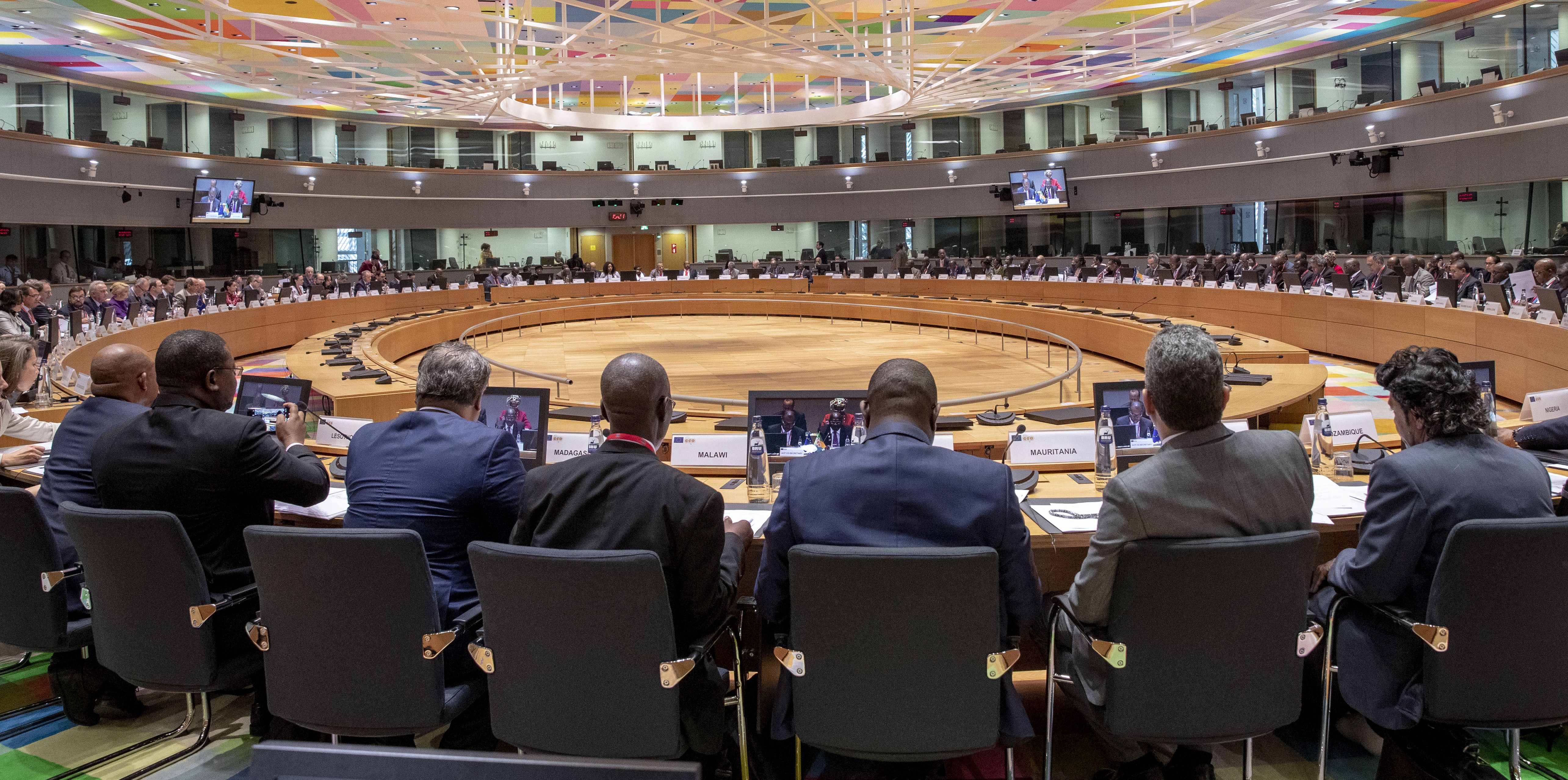The European Union will ensure a greater level of protection to whistleblowers that operate in a range of various sectors, namely money laundering, transport safety, financial services, pubic procurement, nuclear safety and consumer and data protection. The legislation is going to be formally signed and published in the Official journal, of which the member states will have two years to incorporate the new rules into their national laws. On October 7, the European Council of Ministers formally adopted the Whistleblowing Directive that was passed by the European Union Parliament in April of this year. The Council recently formally adopted the new rules to the protection of whistleblowers.
The new rules will require that safe channels be formed for reporting within an organization, both private and public, as well as to the public authorities. A highly adequate level of protection will additionally be given to whistleblowers against acts of retaliation and will require national authorities to properly inform citizens and train public officials on how to address whistleblowing.
Anna-Maja Henriksson, Finland’s Minister of Justice stated, “The EU is committed to having a well functioning democratic system based on the rule of law. That includes providing a high level of protection across the Union to those whistleblowers who have the courage to speak up. No one should risk their reputation or job for exposing illegal behaviours”.
Main elements of new rules
The main elements that make up the new rules include the following:
The formation of channels of reporting within companies and administrations, of which there is an obligation to create efficient and well formed reporting channels in companies that have more than 50 employees or municipalities that have more than 10,000 inhabitants. This will aid in working towards developing a good corporate culture.
The ranking of reporting channels: whistleblowers are urged to make use of the internal channels of their organizations first before directing their attention to the external channels, which the public authorities are obliged to set up. However, if whistleblowers do turn to external channels first, this will have no effect on their protection.
A great sum of profiles that are protected by the new rules: the individuals that are protected include those that possess various profiles who may gather information on breaches that have occurred within the context of a work-related environment. Examples include employees, volunteers and trainees, shareholders, non-executive members, etc.
A wide applicatory scope: new areas will be addressed by the new rules set out such as public procurement, financial services, money laundering prevention, public health, etc. For legal conviction, a list of all EU legislative instruments addressed is incorporated into an annex to the directive. Member states may go past this list when putting the new rules into effect.
Support and protective measures for whistleblowers: the new principles bring about certain safeguards to protect whistleblowers from retaliatory acts, such as from suspension, demotion and intimidation. Those that aid whistleblowers such as relatives or colleagues are additionally protected as well. The mandate also incorporates a list of support measures, which will be put into place for whistleblowers.
Feedback requirements for public authorities and companies: the new rules form a responsibility to appropriately respond and follow up to the whistleblowers’ reports within three months, with a prospect of prolonging this to six months for external channels is certain cases.
Background
Whistleblowers are known as people that speak up when they come across certain acts of wrongdoing in their work environments that could harm the interests of the public. Some examples include causing harm to the environment, public health, consumer safety and public finances. At the moment, whistleblowing protection is not widely addressed. Only 10 European Union countries currently possess a comprehensive law incorporating protection for whistleblowers.
At the level of the EU, there is a legislation that exists in only in a few sectors (namely in the financial services), which include initiatives to protect whistleblowers. In 2017, a study was conducted for the Commission and it estimated the approximate losses incurred of potential benefits resulting from insufficient whistleblower protection, in public procurement alone, to be in between €5.8 to €9.6 billion each year for the EU as a whole.



